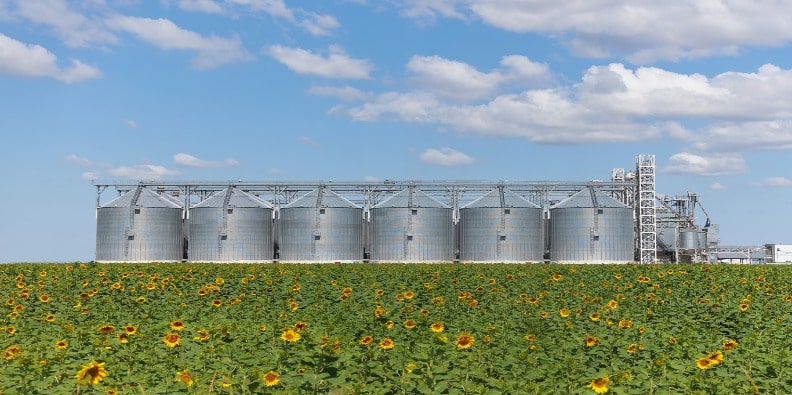Licensed Warehousing

Today, the logistics and warehousing sectors play a major role in ensuring customer satisfaction through the correct classification and safe storage of products. Especially in the transportation and storage of hazardous materials and chemicals,
authorized classification and
licensed warehousing services are valuable for both legal compliance and occupational safety.
Licensed warehousing can be defined as silos where products whose quality classes are determined by testing by authorized classifiers are stored by licensed warehouse authorities under the supervision of the ministry.
Many food products undergo some quality tests and are classified according to their quality in order to clarify issues such as their suitability for processing and the price at which they will be sold in the market. Products such as olives, cereals, oilseeds, cotton, hazelnuts, dried apricots, pistachios, pistachios and olive oil need to be classified according to some characteristics.
Authorized Classification Analysis and Importance of Licensed Warehousing
- Legal Compliance: Correct classification of products and licensed storage avoid legal sanctions.
- Safety: Proper classification, storage and handling of hazardous materials prevents occupational accidents.
- Business Continuity: Proper classification and storage ensures the uninterrupted operation of the supply chain.
- Environmental Protection: Environmentally friendly operations are supported by reducing the risk of leaks and accidents.
Aims of Licensed Warehousing in General
- Preventing price decline by increasing demand, which usually occurs during harvest
- Incentivizing quality production by testing and classifying food products according to national and international standards
- Creating a secure market
- Registering agricultural products and trade
- Creating a trade environment where producers can more easily market their products, provide good storage and easy transportation
Grain Licensed Warehousing Operations
- Law No. 5300 on Licensed Agricultural Products Warehousing,
- The "Regulation on Licensed Agricultural Products Warehouses", which entered into force after being published in the Official Gazette dated April 12, 2013 and numbered 28616,
- It is carried out within the scope of other relevant regulations and communiqués.
Our laboratories serving in many parts of Turkey continue to be a solution partner for Licensed Warehousing within the scope of
"Authorized Classification" based on international standards, test methods and relevant legal regulations.
With our expert team, we perform authorized classification analyzes for your dangerous and special products quickly and accurately. In addition, your products are safely stored in our licensed warehouses and full compliance with legal regulations is ensured.

